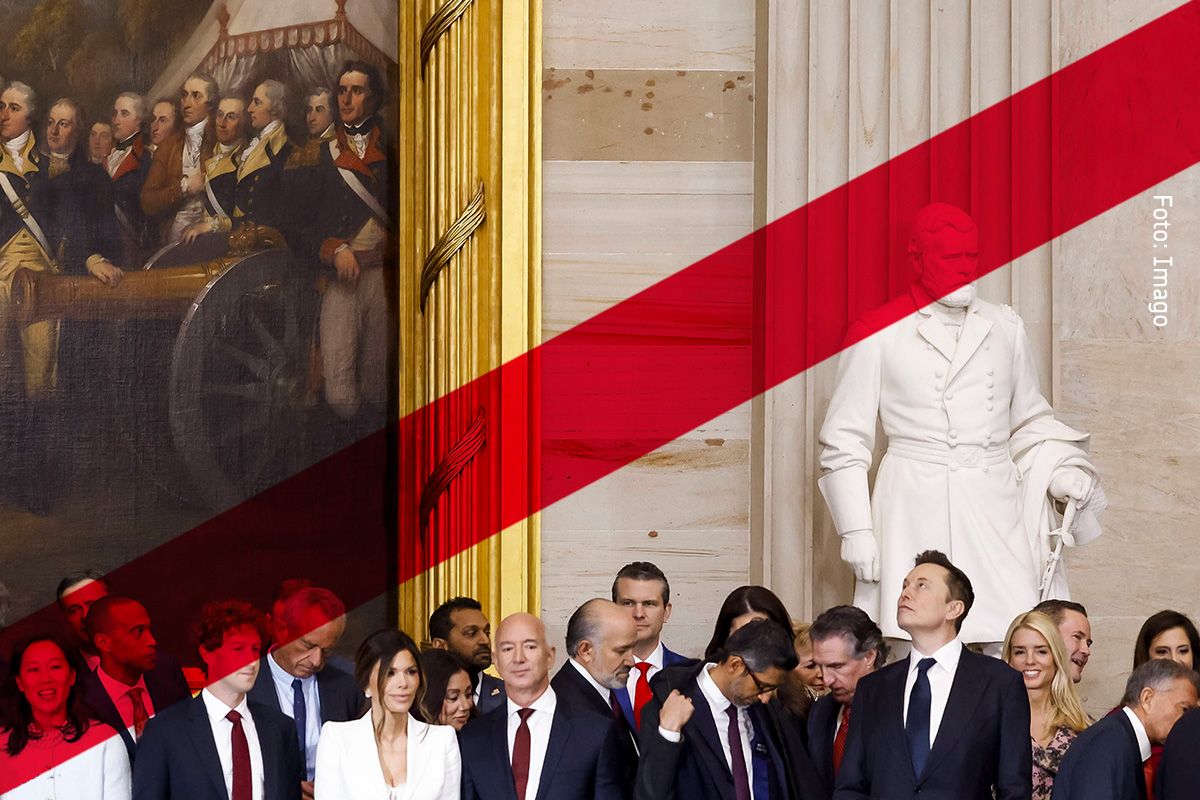Notes From Berlin — Another Fast Roundup of Current Political Developments in Germany

What the decision for another „Grand Coalition” led by Chancellor Merkel implies for Germany, EU and the Transatlantic Alliance.
This weekend, the international community was looking at the headquarters of Germany’s Social Democratic Party (SPD) in Berlin, where almost 380.000 ballot cards were counted. When Sunday morning the results were published, you could hear sighs of relief all over the place: A two-third majority of party members voted in favour of another grand coalition with Angela Merkel’s Christian Democrats. But what seems to be a sound majority is looking less impressive having in mind that the entire political establishment of the SPD was beating the drums for a YES vote.
Nevertheless, Germany is heading towards another center left / center wright government supported by a broad majority in the Federal Parliament. And once more Angela Merkel will lead the government. Finally, after all political turbulences over the last months, Germany is sending signals of stability and continuity to friends and foes.
Any other decision by the Social Democrats would have been self-defeating, giving their historical low in recent polls. It also would have been highly irrational before the backdrop of the outcome of the coalition talks in favor of the Social Democrats, both in terms of political agenda and ministerial positions. In spite of their disappointing election results, the SPD managed to conquer major offices in the upcoming government, especially the Foreign Office, the Treasury and the Ministry of Labour and Social Policy with it’s huge amount of financial resources.
If Sigmar Gabriel, the acting Foreign Minister, will remain in office, is the most interesting question for the next days. The bets are against him, because he’s an approved adversary of the Social Democrats new dual leadership: Andrea Nahles, the former Minister of Labour and Social Policy, and Olaf Scholz, first minister of Hamburg and designated Minister of Finance. Furthermore, Gabriel has publicly challenged the Russia- / Ukraine-Policy of the Chancellor, demanding a much more soft position towards the Kremlin. But still it’s not clear who may become his successor.
Angela Merkel, who prematurely has been portrayed as chancellor in decline by parts of the media, has once again showed her polical skills. In a surprising move, she promoted Annegret Kramp-Karrenbauer, the Prime Minister of a not too large federal state in the very Southwest of Germany, to become the General Secretary of the Christian Democratic Party – the same position she held before pushing away the former Chancellor Helmut Kohl. Furthermore, she will bring some next-generation Christian Democrats into the cabinet, including a potential adversary from the more conservative wing of the party.
Once more, Merkel is calling the shots. She will decide when to hand over the baton – either during or after the current electorial periode — and she will propose her successor.
The coalition agreement between the two parties puts Europe into the foreground. The government will look for closer cooperation especially with the French president. But given the internal turmoil in the EU and the unresolved political disputes over fiscal and economic policies, refugees and the European policy towards Russia, it seems not very likely that we’ll see big leaps towards a more united and powerful European Union. The outcome of the Italian General Elections may turn out as another stress test for the EU.
At the same time, frictions within the Transatlantic Alliance are becoming deeper. President Trump’s protectionist move towards punitive tariffs is triggering a transatlantic trade war, which will further more weaken the military alliance between Europe and the US.
Unfortunately, that’s not a very rosy picture concerning the state of the West. The Kremlin may see this as an opportunity to intensify its attempt to split NATO and the EU and to promote anti-liberal forces in the West. This is the battle the Center for Liberal Modernity is engaged in.
Ralf Fücks is managing partner of the Center for Liberal Democracy, a new think tank and policy network in Berlin
![]()
Related Content
Subscribe our Newsletter
Receive news about our topics regularly with our LibMod newsletter in German language.





